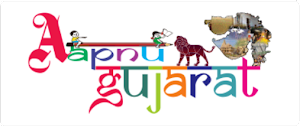CRC BHARATI PRAKRIYA BABAT GR 13 DEC 2019
Imparting primary education was left to the parents till 2002, though it was part of the directive principle of state policy. In Unnikrishnan Vs State of Andhra Pradesh, the Supreme Court elevated the status of the right to primary education from a mere directive principle of state policy to the fundamental right. The apex court chose to overrule its own judgment in the Unnikrishnan case in T.M.A. Pai Foundation v State of Karnataka where it held that primary education is a fundamental right. While the state assumed the responsibility of imparting primary education to all children of the 6-14 age group, higher education is thrown open to private institutions. It found a difference in the context of private institutions that are charging capitation fees from the students. Article 21A is added by the 86th Amendment Act in 2002, which says: “The State shall provide free and compulsory education to all children of the age of six to fourteen years “.The Supreme Court gave a very clear suggestion in Unnikrishnan judgment in 1993, that education was a fundamental right for all children up to 14 years. Though it is a very positive and progressive step to guarantee the fundamental right to education the modalities and substantial aspects of it are totally left to the discretion of the state which has to make the law to fulfill this obligation.
This Materials Usefull For Primary School Students and Teachers, TET, TAT, HTAT, PSI, NMMS, BANK, SBI, ICICI, IDBI, AXIS, CLEARK, GSRTC, TALATI, CONSTABLE, POLICE, PSI, FEMALE HEALTH WORKER, GSAT, UGC NET, SSC, HSC, UPSC, GPSC, IAS, GAS, SCHOOL EXAM, GENERAL KNOWLEDGE FOR ALL COMMON MAN AMD WOMEN.
